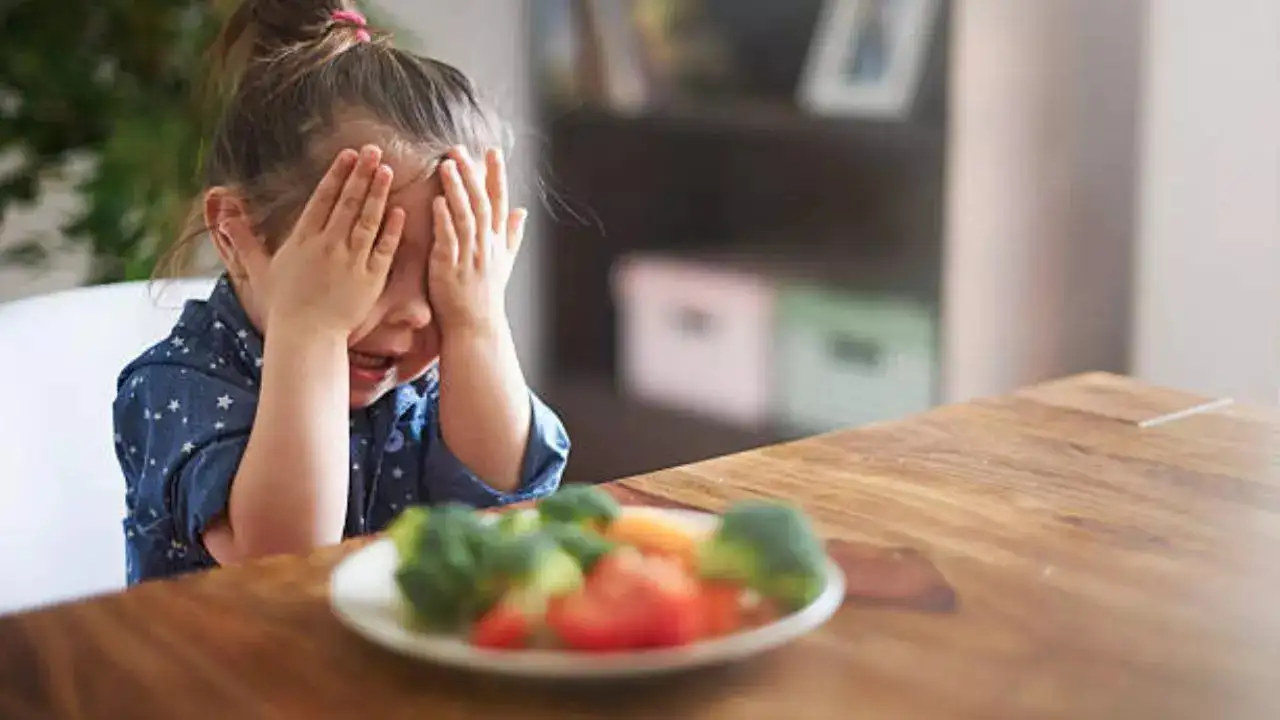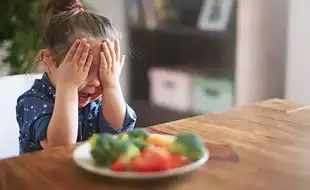
Forcing your child to eat more means ignoring their natural brain receptors and making them habitual to overeating
All parents want good for their kids, and health is always their utmost priority. However, in their bid to do good, some parents overdo it, according to experts. Nutritionists say most parents fill their children's plates with too much food and want them to finish it all—a habit that is detrimental to their long-term health.
A poll with the British Nutrition Foundation says more than a third of parents make their children eat everything that is served on their plate. But should they be insisting on this?
Even as discussions around healthy eating and portion sizes continue to evolve, experts believe it only causes difficulties in children recognising hunger and fullness cues and feeling controlled around meals, which leads to emotional and eating difficulties later, along with health issues like obesity.
Psychologists say phrases like ‘clean your plate’ or ‘just one more bite’ can be problematic. Forcing your child to eat more means ignoring their natural brain receptors and making them habitual to overeat. Doctors say parents’ words and actions have a big impact on children’s eating behaviours later in life, sometimes even leading to eating disorders like bulimia and anorexia nervosa.
What should parents do?
A few tips parents should follow to inculcate healthy eating habits without causing psychological damage to their child's relationship with food include:
Eat until satisfied
Experts believe you must let your child listen to their natural cues so they do not offset their own body rhythm. As parents, you must tell the kids to just eat until they are satisfied, not until their plates are empty.
Create a happy atmosphere while eating
While eating, the entire environment should be stress-free and happy. Stress only leads to eating issues in later life.
Let children have a choice
Experts say choice can help your child develop a sense of identity and learn who they are—making them choose the amount of food they want to eat. While they may need guidance initially, it will help them develop healthy eating patterns.
Divide responsibilities
While parents purchase and serve healthy food, children and teens must choose what and how much to eat of the food that is offered. If the child does not eat much, wait until the next meal and stop all distractions like television and mobile phones.
Do not make children “clean the plate”
Stop pressuring your children into the concept of healthy eating, which means you have to finish everything.
Experts say you must not reward the kids for finishing their dinner with more food. Studies say using smaller plates can help control portion sizes and reduce the number of calories taken.
Get Latest News Live on Times Now along with Breaking News and Top Headlines from Diet, Health and around the world.

